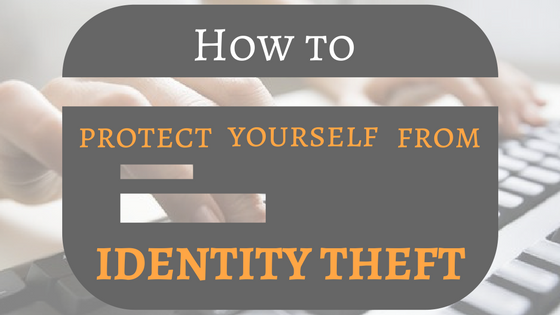While we can’t help you with any identity crisis, we can help you with identity theft.
Gold Standard Tax and Accounting wants to ensure that you are protected from identity theft. Unfortunately, this is a real threat that we must guard against. What are the warning signs that your identity might have been stolen? And what can you do to protect yourself so it doesn’t happen? Let’s make sure you stay you with the tips below.
Watch out for these warning signs:
1. You receive a letter from the IRS…
…asking you to confirm your name and SSN, and asking whether you sent a tax return. Any suspicious tax returns will be held by the IRS and sends a letter to verify them. If you didn’t file it, follow the instructions within the letter as soon as possible.
2. You receive income information around tax time from an unfamiliar employer
Employment-related identify theft involves the use of your SSN by someone for employment purposes only and is generally an undocumented worker.
3. You receive a tax refund that you did not request
It may be a paper refund check that you get in the mail that the identity thief was intending to have sent somewhere else. If you didn’t request it, return it to the IRS and be sure to write “VOID” on the endorsement section, as while as include a note on why you are not returning it. If it is a direct deposit that you didn’t request, contact your bank and have them return it to the IRS.
4. You receive a tax transcript in the mail that you didn’t request
Sometimes, identity thieves will try and test the accuracy of personal data or use it to try and steal even more information.
5. You receive a pre-paid debit card in the mail
Occasionally identity thieves will use your name and address to create an account for various schemes.
How to protect yourself:
1. Create strong passwords and update them often
Common passwords maybe easy for us to remember, but they can also be easy to figure out by someone else. Avoid using birthdays or other common information, and try to change them often.
2. Be conscious of what you share with others
Social media is easy to use to connect with friends, but do not post things that are too personal or may give away your address, phone numbers, SSN, birthplace, or birthday.
3. Keep your personal information secure
Protect your computer by installing firewall and use anti-virus software. If you keep hard copies of your records, store them in a safe area.
4. Protect your phone
There are apps that allow you to log in to banks and handle financial matters with ease. But make sure these apps are from a reputable source and do your research before installing your personal information. Also, be sure to use a strong password on your phone and in these apps.
Protect yourself before you steal yourself.

